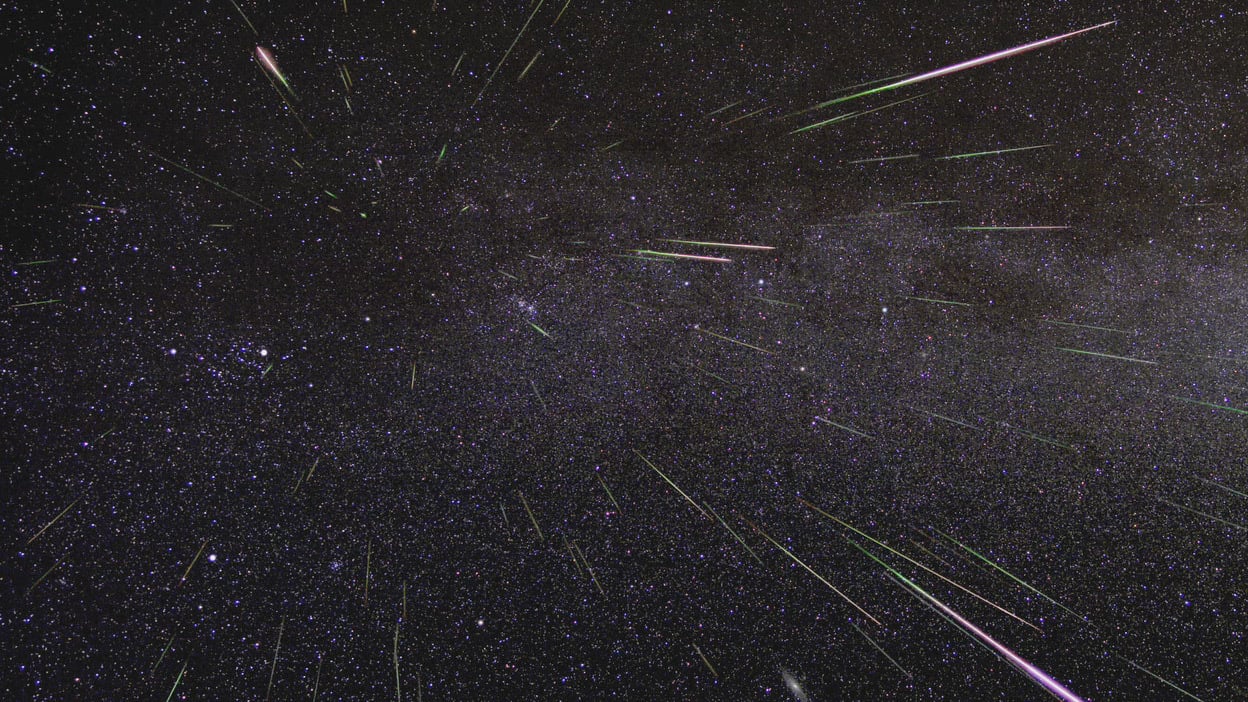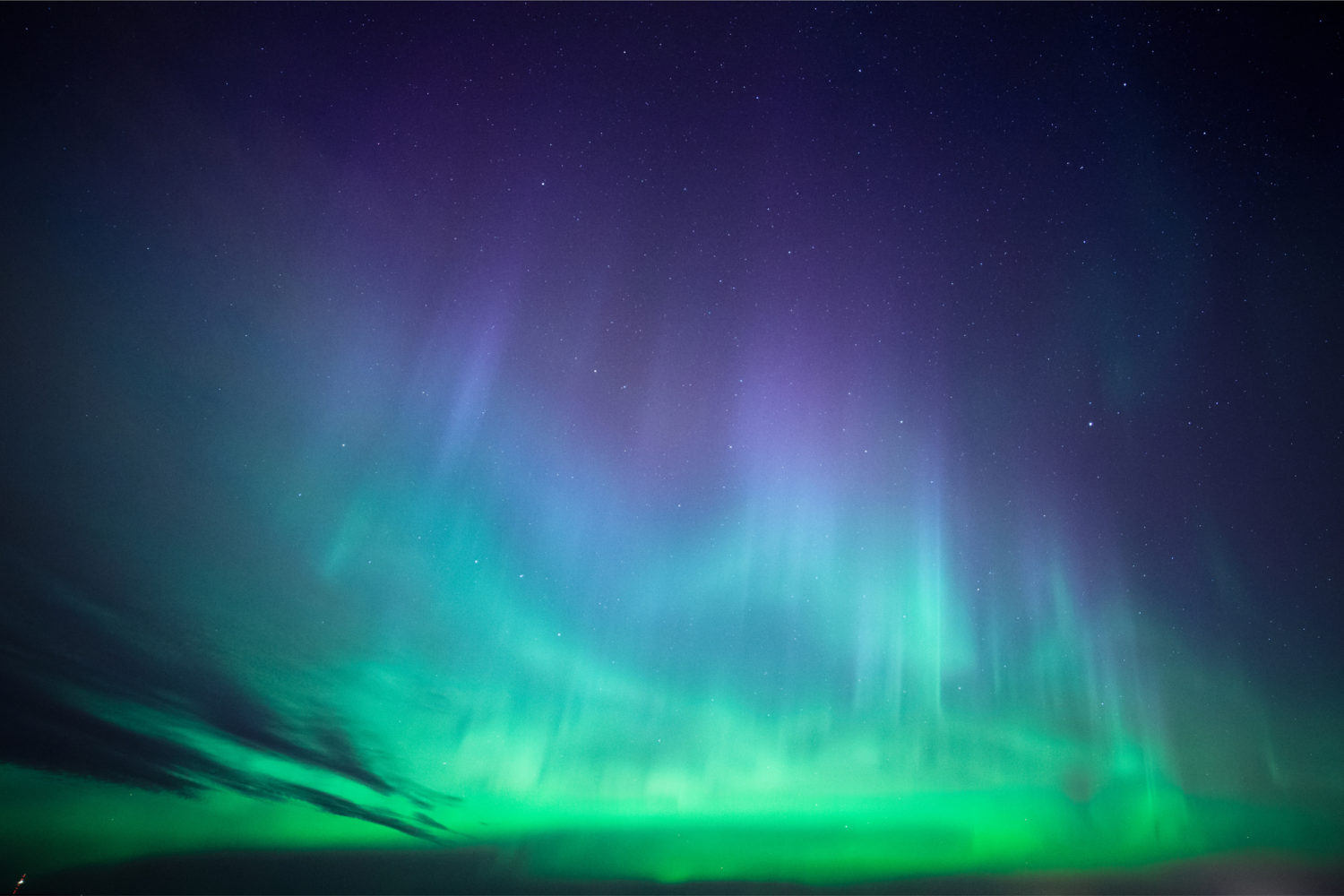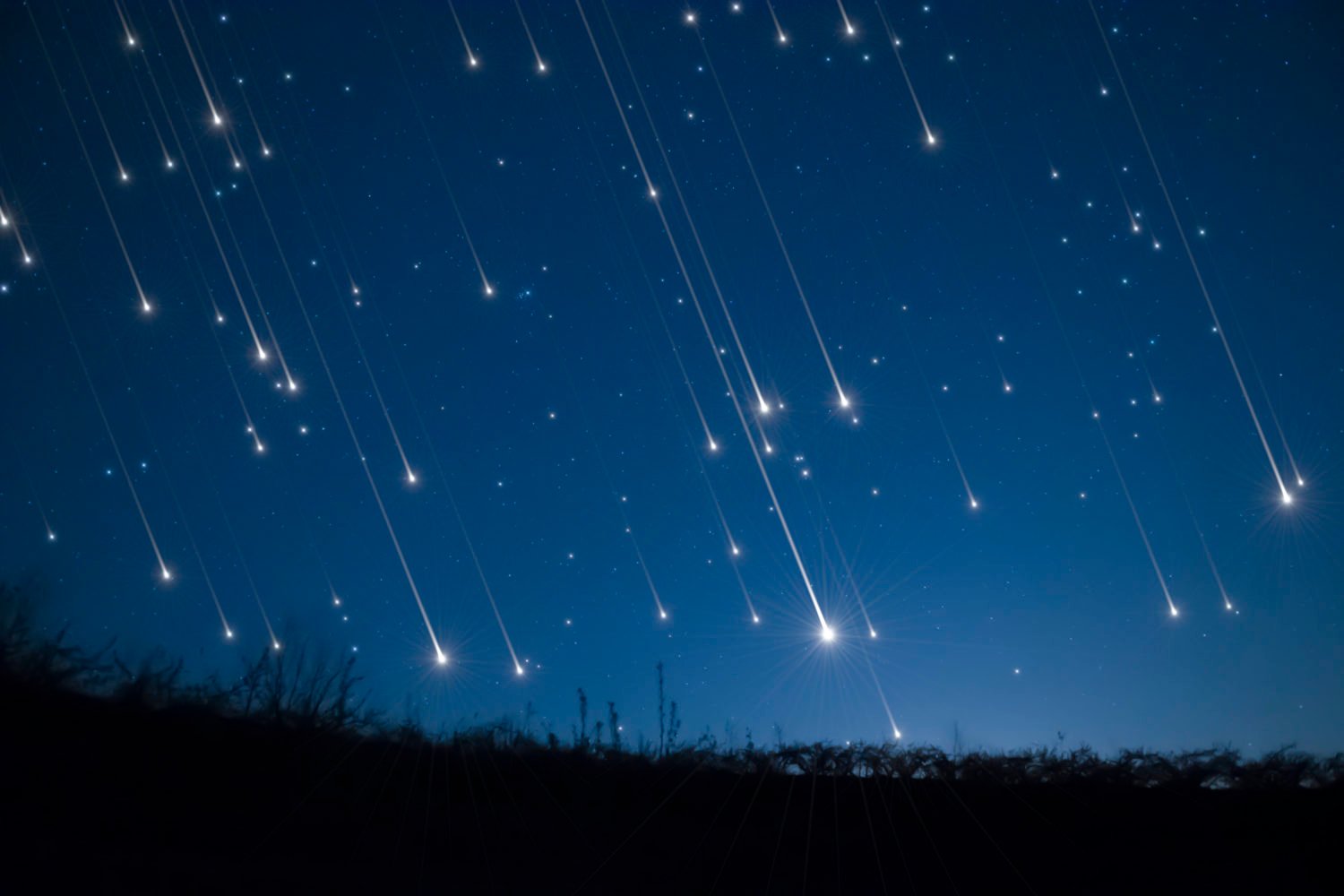The Perseid meteor shower, referred to as “the best meteor shower of the year” are hitting their peak this week and will produce the most showers over the next few days, from today through Friday, August 13. The Perseids are typically active between mid-July through the end of August, and often leave long “wakes” of light and color as they shoot across the sky, according to NASA.
The meteors should be most visible after midnight into the early hours of the morning. So, if you’re looking to see some of these meteors, here are some tips for you:
Get out of the District if you can
Unfortunately, DC and its surrounding counties are fairly light polluted. So a better chance at seeing these meteor showers would be from a further radius. American Meteor Society member Richard Taibi recommends southern Maryland counties like Charles and Calvert or counties to the north or west of Baltimore, as well as Loudon County or counties west of Fairfax for Virginians. Shenandoah National Park is another good spot.
For those who can’t get out of the city, it may be worth it to check their local parks hours and rules to potentially watch from there.
Don’t bother using any equipment
Even though Elizabeth Warner is the director of the University of Maryland’s observatory, she said that place would be one of the “worst” places to watch the meteors. “The effect of seeing the meteors is best when you sort of see it in the context of the entire sky,” she says. “Looking through a telescope, you’re looking through such a small field of view, where you see such a small chunk of sky that the likelihood of a meteor going through that chunk of sky is very small.”
Check the weather
Taibi puts it succinctly: “if the sky is overcast there will be no meteors,” he wrote in an email. Make sure to check the weather forecast before you plan on camping out to avoid being let down by not being able to see the shower at all.
Stay off of your devices
Although you can see these meteors with the naked eye, your eyes still need to get used to the dark. Try to stay off your screens the best you can, because the light they emit can delay your eyes from adjusting to the darkness and, therefore, making it harder to spot any meteors.
Be patient!
People “should be prepared to look into the sky for at least an hour to have a reasonable chance of seeing a few meteors,” according to Taibi. Consider bringing a lawn chair or a blanket, and some bug spray as well to make your watch party more comfortable.
Correction: This post originally referred to August 13, 2021, as a Thursday. In fact, it falls on a Friday.















